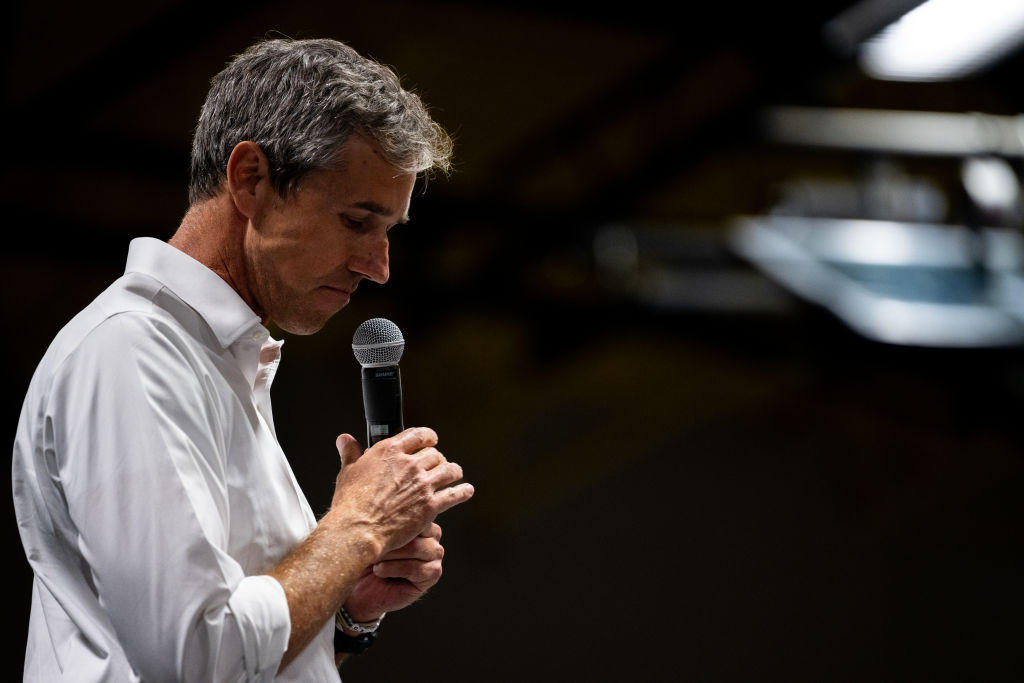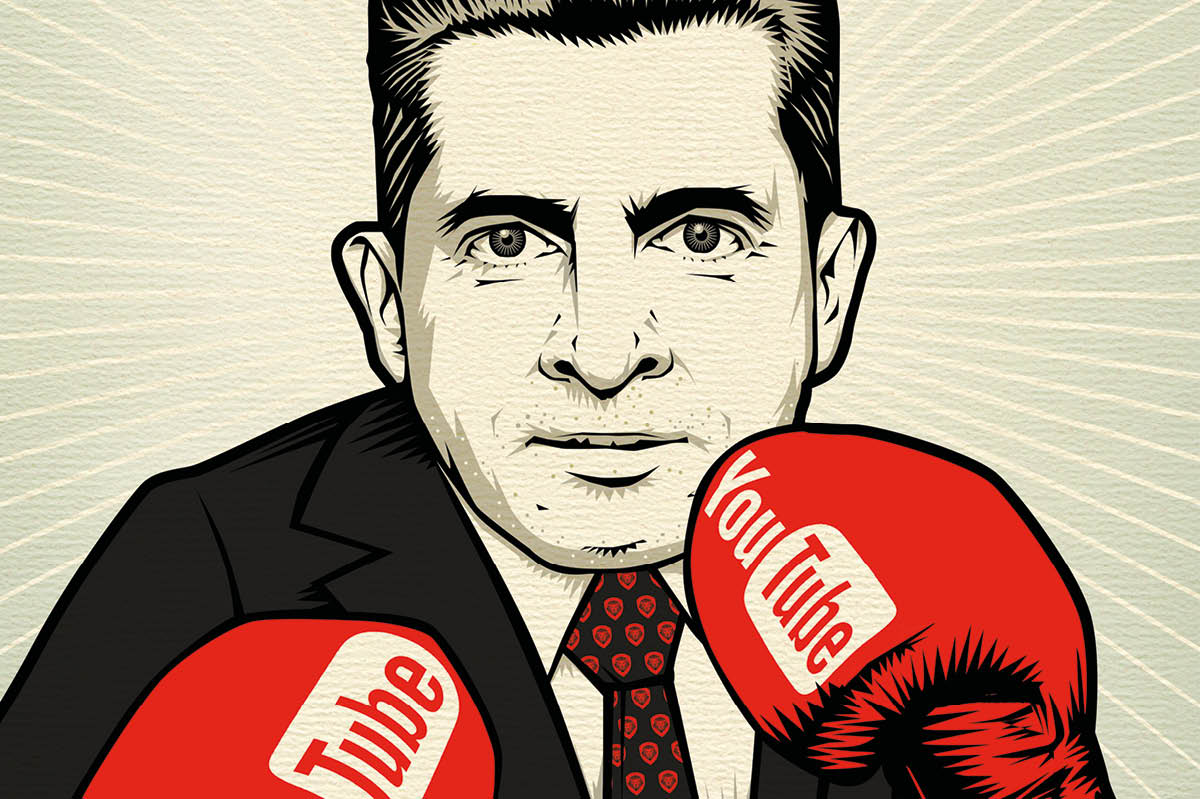It wasn’t so long ago when Beto O’Rourke, the punk-rock band member and three-term congressman from West Texas, was the man to beat. O’Rourke was the energetic, dashing politician who looked like a Kennedy and talked like a Kennedy. He may have lost his Senate campaign to the incumbent Ted Cruz, but he made history by scooping up over $80 million in fundraising in the process. His three-percentage point loss was the closest a Democrat in Texas came to winning a state-wide race in over 25 years.
Beto is learning, however, that running a national campaign for president is a different animal – and that viral moments and smooth oratory on countertops will only get you so far.
O’Rourke has a big problem, and he knows it. The latest fundraising figures are abysmal; $3.6m may sound like a lot of money, but it is peanuts in presidential politics.
Any other middle-tier candidate would gladly take that amount, but O’Rourke is supposed to be the fundraising superstar of the Democratic party. He did, after all, raise over $9m in his first 18 days as a presidential candidate. While it would be unreasonable to expect him to sustain those numbers for the duration of the race, the latest money report is a dramatic departure from the Texan’s ‘great Democratic hope’ reputation.
Polls aren’t exactly kind to O’Rourke either. At 2.6 percent, he is nowhere near the top-tier. His campaign strategy depends on a solid showing in the Iowa caucus, but his numbers are in the basement there as well.
Polls of course can change; the history of US presidential politics is filled with leading contenders (Jeb Bush, Scott Walker, Rudy Giuliani) going down in flames and upstarts climbing the ladder. But with a lackluster showing in the first debate, O’Rourke doesn’t have any more time to lose. If he flops in the next debate this month – or gets slapped around by the other candidates for being an empty suit with good-looking hair – O’Rourke may have to seriously consider dropping out of the race. At the very least he will have to temper his lofty ambitions. Veteran Republican senator John Cornyn is, after all, up for re-election in 2020, so it’s not like Beto will have to suffer the heartache of being in the political wilderness for very long. There is nothing wrong with waging another Senate run.
To be fair to Beto O’Rourke, he is not entirely to blame for his faltering campaign; he is only one of a bunch of appealing candidates for Democrats to choose from. During his 2018 Senate campaign, he was running against a single candidate in Cruz – perhaps the most despised GOP officeholder in the eyes of Democrats outside of president Trump.
But with a Democratic primary packed with over 20 rivals, Beto is having difficulty distinguishing himself. Joe Biden is the elder statesman and Obama lieutenant. Kamala Harris is the tough prosecutor with a compelling life story. Pete Buttigieg is the youthful mayor in the heartland of America. Bernie Sanders is the progressive icon. What is O’Rourke, other than an ex-congressman who wanders around the country in a beat-up car and streams his dental cleanings to a live audience?
At bottom, it’s hard not to conclude that the Texan rushed his way into the race without much preparation and assumed the momentum from his historic Senate run in a deep-red state would be enough to carry him to the nomination. If that was his calculation, it was arrogant and amateurish.
This article was originally published onThe Spectator‘s UK website.

























